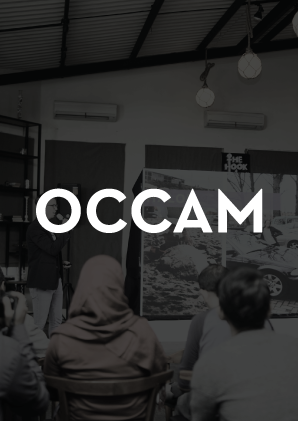The labor markets are being disrupted by COVID-19 pandemic, leaving its biggest legacy of remote working. Before this worldwide event took everyone by storm, only about 5% of full-time office employees worked primarily from home.
Over a year of working from home, a number of businesses today believe that this will become the new normal post-pandemic. This amount is projected to settle up to more than 30%. Experts predict that in ten years, there will be a 60/40 ratio between onsite and remote working.
The most significant increase in remote work has been in computer-related occupations, as well as business, financial, and management roles. On the other hand, remote work may not really be an option for most blue-collar workers and manual service industries, such as health, education, and retail sales jobs.
Research suggests that amid the current uncertainty, a different model will emerge namely hybrid working, a combination of both remote and office work. The term “hybrid” is the key to understanding the future of employment, and it spans a wide range of systems.
With hybrid working, employees will have greater autonomy in terms of when and where they work. It offers employees greater freedom to fit work around the est of their lives rather than scheduling other parts of the workday around office hours. It’s the best of both worlds in an ideal scenario: structure and sociability on one hand, yet independence and flexibility on the other.
There are challenges to address for remote working:
- Possible longer working hours
- Work and personal life may overlap
- Work intensification
- Feeling of isolation
- Tension within the team due to communication challenges.
Companies considering to fully implement remote working in a post-pandemic world should also consider the benefits:
- Communication time is reduced
- More autonomy & flexibility
- work-life balance is improved
- Better productivity
- Motivation is increased




